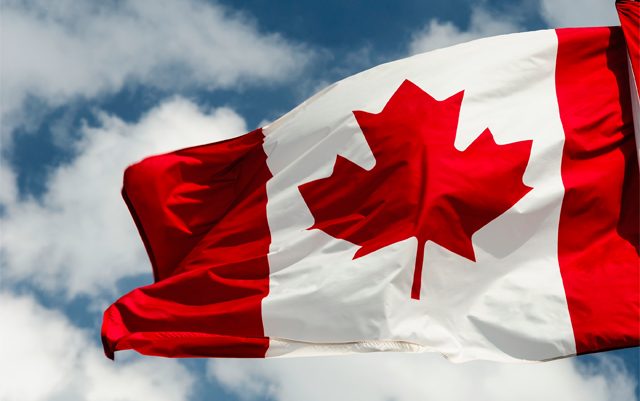Legal sales of cannabis have been a long time coming for Canadians as Prime Minister Trudeau announced the introduction of legislation to do so back in April 2017. This was a year after the then newly elected Prime Minister announced his plans to legalize the plant. Since last November, the country has expected legal sales of recreational cannabis to be available to consumers by July of this year – but it appears now that due to scheduling, the official launch of legal sales will instead be more likely to happen sometime in August or September of this year instead.
It is not likely that Bill C-45, which aims to make cannabis legal nationwide in Canada, will see any big delays as the number of progressive lawmakers certainly outweighs that of the more conservative ones. Rather, it is the fact that the bill will not be heard for a vote in the Senate until June 7th, and provinces say that they will need at least a couple of months after the bill passes to finish creating their own local legal framework for sales. So even if (or when) the bill is passed in June, legal sales likely won’t begin for at least two to three months after that.
“They [Canada’s provinces] told us they need 8 to 12 weeks following (adoption of the law) for preparatory activities to occur, such as preparatory movement of product from licensed producers to distribution and retail outlets,” said Canadian Health Minister Ginette Petitpas Taylor according to a Reuters report.
Provinces have been vocal about their dissatisfaction with the time crunch to get things ready for legal sales of cannabis, such as training law enforcement on how to proceed with the new laws. They have also been concerned about ensuring there is enough product in place when sales begin, and about a lack of funding for enforcement of the new industry. One of the biggest concerns regarding enforcement is keeping cannabis on one side of the Canadian border – especially at land borders that cross to the United States.
“Legalization of cannabis products will likely not lead to significant decreases in enforcement actions at the border as exports are expected to increase and travelers are likely to continue to cross the border with personal quantities,” according to a Canadian Intelligence Briefing titled “Cannabis Legalization: Implications for the CBSA and Canada”
There are a lot of issues that Canada will have to figure out as they move forward with legalization – just as the nine states in the United States are continuing to do. Since Colorado and Washington first legalized cannabis in 2012, there have been many changes to the way their states, and now others, legalize and regulate cannabis.
Over the next few months – and the next few years – Canada and the rest of the world will continue to learn how to best approach the legalization and regulation of the plant. In the meantime, making the leap to do it is the most important thing, and for Canadians, prohibition of cannabis is rapidly coming to a close.






